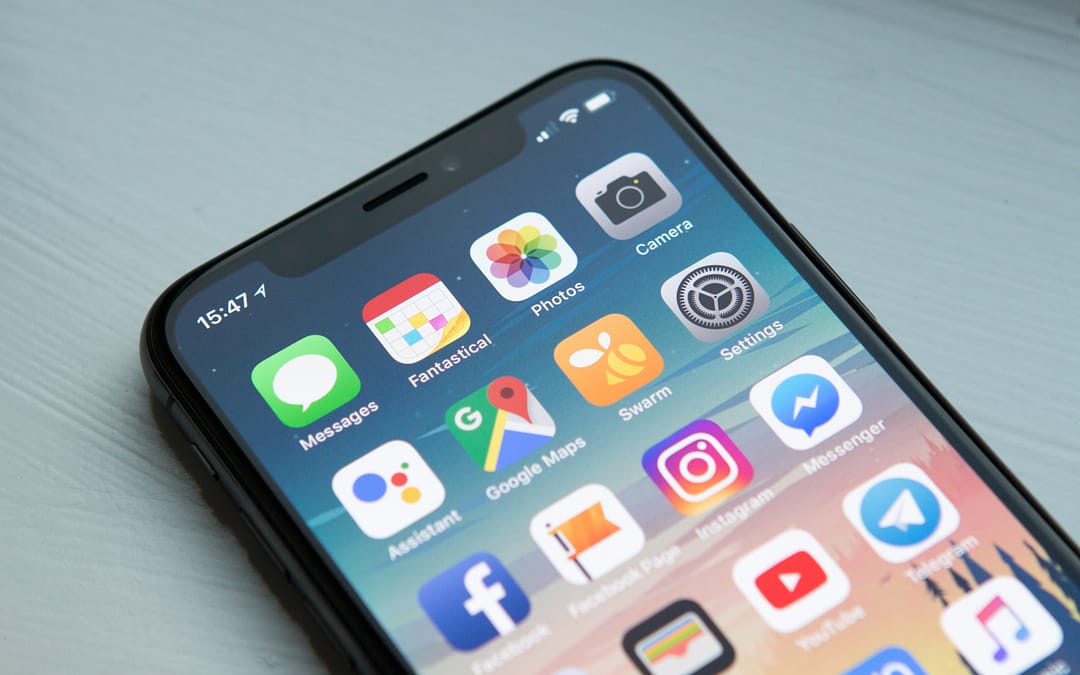Mobile applications are developing at an incredible rate. It’s become all about convenience and providing users with tools at their fingertips. The mobile application industry is expected to reach over 170 billion this year, and is expected to double by 2027. Both IOS and Android provide some interesting features, but keeping up with everything they can do is challenging.
iOS Apps
Low Fragmentation
This is more of a platform benefit, but it also directly impacts iOS applications. Apple has limited devices, and the version range of their OS is limited too. This provides a benefit for applications by limiting the versions they need to support for different devices and providing increased stability as a result.
High-End Security layer
Apple has control over the software and hardware of devices. This provides an even more effective layer of security for applications. Most notably it provides applications the ability to control encryption on its data and protect against it being encrypted by exterior sources. There are added benefits such as iOS applications’ ability to store app data in the cloud, protecting data further from theft or data duplication.
Exterior Compatibility
Apple is slowly opening up to new ideas and incorporating exterior elements. US residents will be able to store their drivers license and ID cards in their Apple wallet. Making it easier to use not only in real life but also in other applications too. This is combined with the ability to store boarding passes and begs the question what other documents they might allow in the future!
Android Apps
IoT, AR And VR
Android Studio has provided access to an abundance of features for ease of development. This has given applications great flexibility with the benefits they can offer. The entire ecosystem of smartphones, wearables and tablets is integrated, and technologies like Internet of Things (IoT), VR and AR are able to be utilized.
This brings significant benefits by allowing applications to be built with multiple purposes. It gives developers the option to present data and information in a more flexible way, tailoring it to fit the way users prefer to consume it.
Widgets
Although Apple is adopting widgets more openly as of iOS 14 Android is still leading the way. Being open source has been the biggest benefit of Android, but it’s the little extras that you might not know about. Widgets are open to all apps, and although they can be an extension of an application they are actually self contained programs.
This means they can be stand-alone too. The thing you might not know is third parties can actually create widgets for other applications. You will have to verify the integrity of the third-party widget, but this is an interesting benefit for Android applications.
More Than Just Cross-Platform
Java has been the go to development language for a long time and even allows Android applications to run on OS like Ubuntu and even Symbian. The introduction of Kotlin multi-platform from Google means Android applications can extend even further.
Applications can now run on Android, Java desktop and even iOS itself. You can argue this doesn’t make them Android applications anymore, but it can also be argued that this is just advanced versatility of Android application solutions.
Axis Software Dynamics keeps up with all of these obscure benefits. If you’ve got an idea for an application, get in touch and let’s develop something amazing together.






